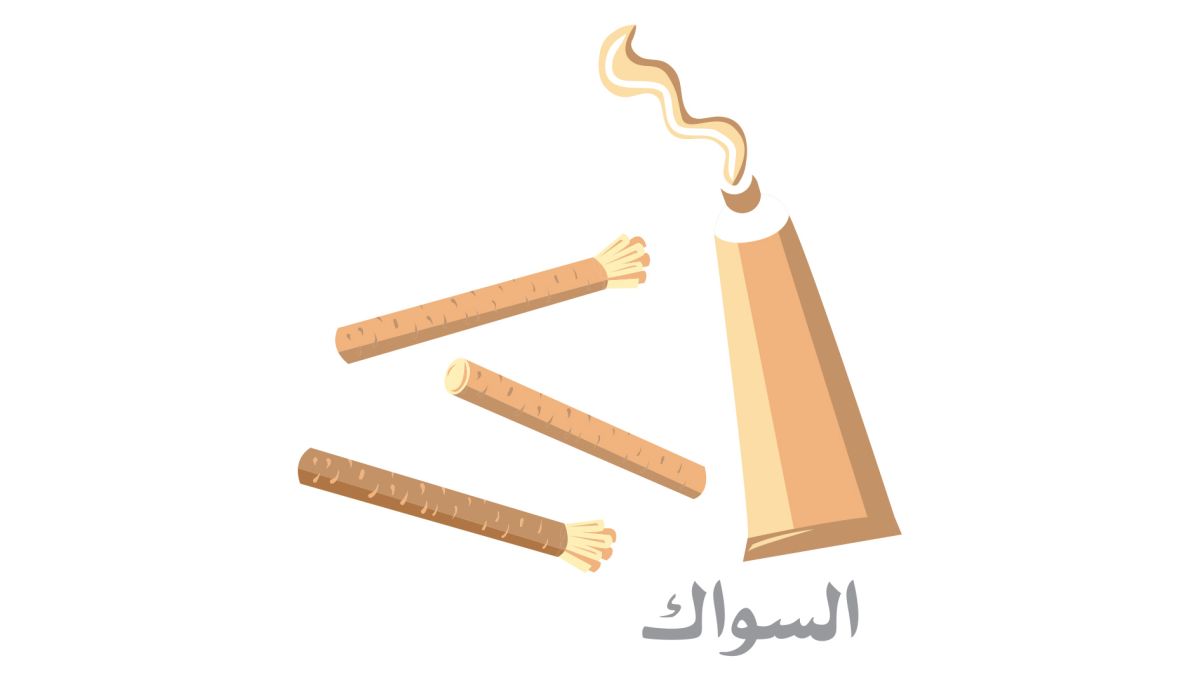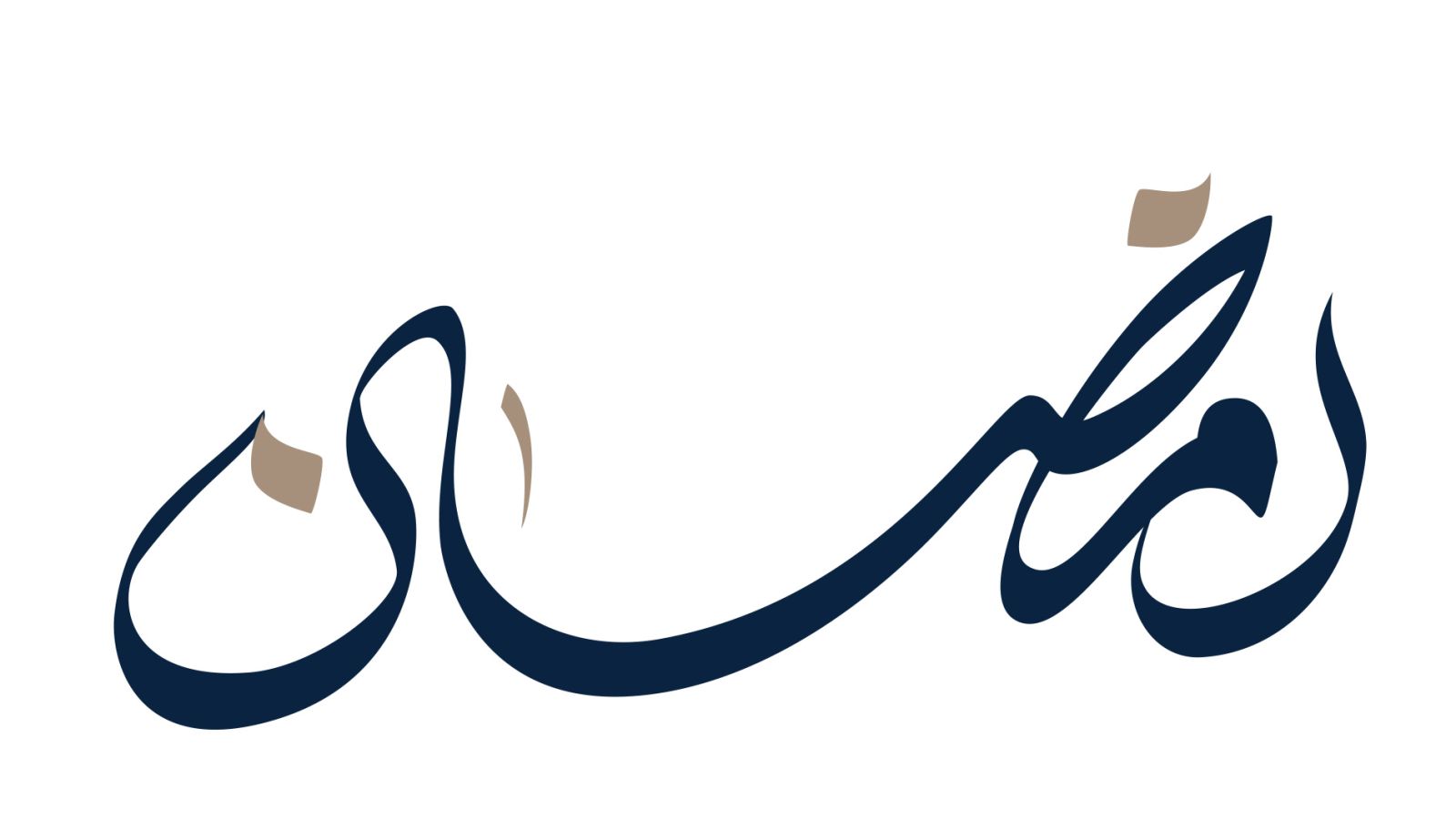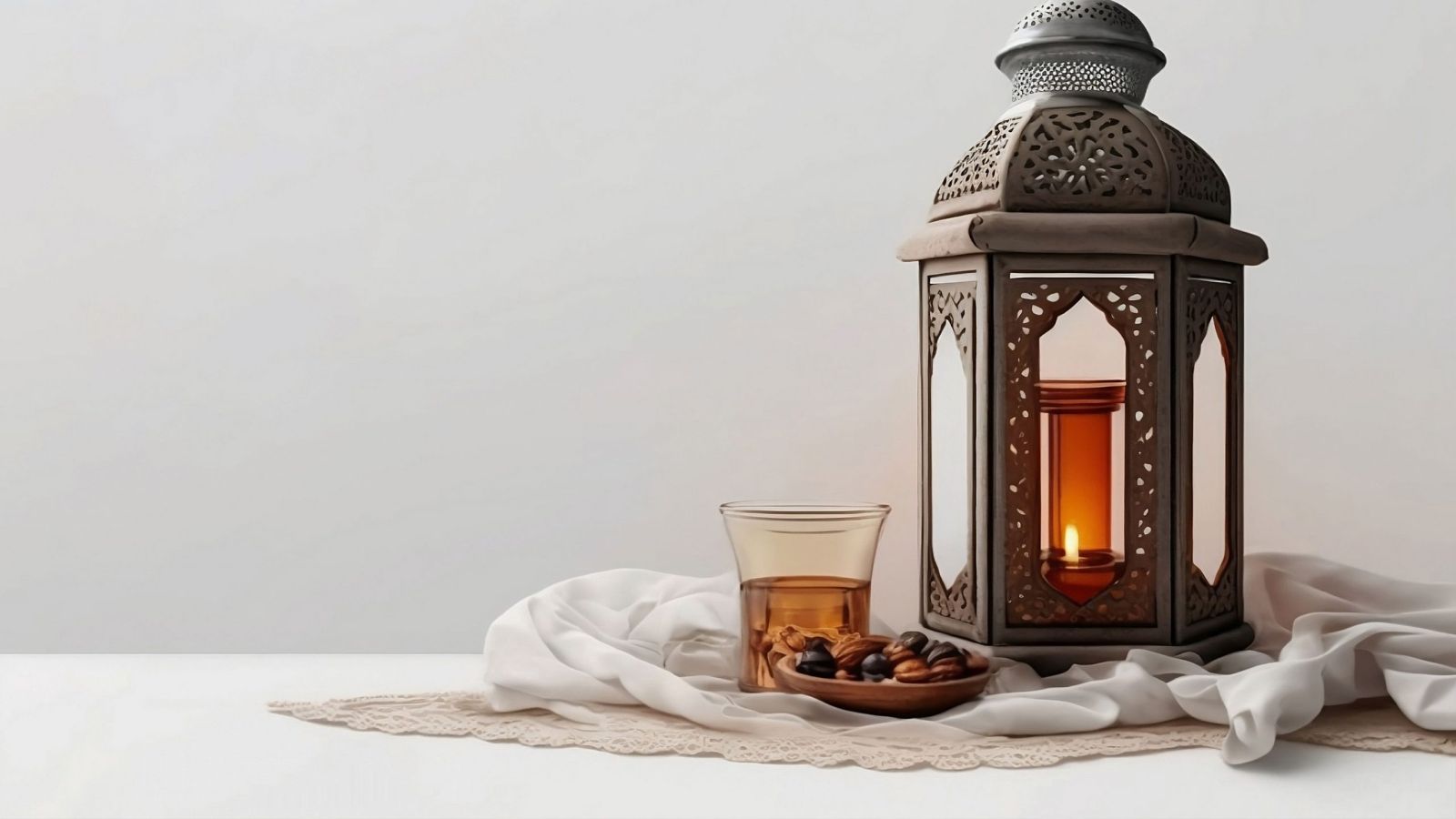A Fiqh Discussion on the Permissibility of Using the Siwāk (Toothbrush) When Fasting
Imām Muḥammad ibn Ṣāliḥ al-ʿUthaymīn


Using the Siwāk While Fasting According to the Hanbalī Madh`hab
[According the ḥanbalī madh`hab], it is not from the Sunnah for a fasting person to use the siwāk afternoon [i.e. after ẓuhr]. We say ‘afternoon’ meaning the sun has begun inclining towards the west. The sun rises from the east until it reaches its apex [or zenith], then begins to descend [towards the west], we say then afternoon has begun.
How the Jurists Measure the Beginning of the Afternoon
The scholars say: the indication of the beginning of afternoon is to erect a stick in the ground and watch it, as long as the shadow projected by the stick decreases [in size], the sun has not reached its zenith. Whenever the projected shadow begins to increase in size even by a hair, it means the sun has reached its zenith and has begun its descent.
Evidence for the Opinion of the Ḥanbalī Jurists
The most well-known opinion from the [ḥanbalī] madh`hab is that using the siwāk in the afternoon [i.e. after ẓuhr] is disliked for a fasting person. The evidence of this is:
- His (ﷺ) saying [in the ḥadīth of ʿAlī]: ‘If you fast, then use the siwāk in the morning. Do not use it in the afternoon.’ Afternoon is after the sun begins its descent.
- His (ﷺ) saying: ‘The khalūf from the mouth of a fasting person is more delightful to Allāh than the smell of musk.’ Khalūf refers to the putrid smell that emanates from one’s mouth when their stomach is empty. Frequently, such a smell is not produced except in the afternoon. However, because it was the result of an act of obedience to Allāh, it becomes more delightful to Him than the smell of musk. Considering this, it would be disliked to change or disrupt this smell. The evidence of this is that the blood of the martyr is not removed from him but allowed to mar [his clothes and body]. He is buried as is in his clothes and whatever remains on it from his blood. Such was the order of the Prophet (ﷺ) regarding the martyrs of Uḥud. They [the jurists] say: Thus, anything that is the result of an act of obedience to Allāh must also not be removed. Therefore, we dislike that a fasting person should use the siwāk in the afternoon.
The Three Categories of Siwāk Usage According to the Hanbalī Madh`hab
In the morning, it is liked for him to use a dry [siwāk] but permissible for him to use a moist one. Hence, they have made the siwāk for the fasting person into three categories of use:
- permissible with a moist one in the morning,
- liked with a dry one in the morning,
- and disliked (entirely) in the afternoon.
As for its use in the morning for a fasting person, their evidence is the general passages encouraging its use.
As for the usage of a moist [siwāk] and its ruling of permissibility, it is due to its moistness they fear that some of the taste of the siwāk may escape his mouth, making it to his throat and thus make his fasting deficient. It is because of this that the Prophet (ﷺ) said to Laqīṭ ibn Ṣabirah: ‘And rinse your mouth thoroughly [when performing wuḍūʿ] except when in a state of fasting.’
As for the ruling of karāhah [dislike] for its use in the afternoon, its evidence is the aḥādīth and reasoning aforementioned that prove that it is disliked.
The Opinion of Other Jurists in this Matter
The author of ‘Al-Iqnāʿ’- which is from the later books of the ḥanbalī madh`hab and frequently expresses the final opinion of this school of thought, states: ‘The evidence for this [opinion] is more apparent.’ This is also the opinion chosen by Shaykh al-Islām Ibn Taymiyyah.
Evidence for the General Permissibility of Using the Siwāk When Fasting
Their evidence is the general passages encouraging the use of the siwāk like the ḥadīth of Āʾishah (may Allāh be pleased with her) in which the Prophet (ﷺ) made no exceptions. What has been related in a general all-encompassing way should be left as is, unless a valid exception arises. For this [hadīth], there exists no such exception.
As for the (aforementioned) ḥadīth of ʿAlī, it is weak. Thus, it is not strong enough to cause an exception for that which is related in an authentic narration. This is because that which is weak is not valid evidence [in and of itself]. Thus, we cannot extract a valid ruling from such a passage. Then, applying an exception to an established ruling is a ruling itself. In doing so, we are extracting a ruling from its original all-encompassing state and applying it instead to a specific situation. To do such a thing, we need clear evidence that supports this extraction. Otherwise, we cannot accept this [exceptional ruling].
Addressing the Evidence Provided by the Hanbalī Madh`hab
As for their reasoning, it is not sound for several reasons:
- As for those who have been martyred in the way of Allāh, we have been ordered to leave their blood as is. This is because they will be resurrected on the Day of Judgement with their injuries spewing blood. Its colour is that of blood, its fragrance that of musk. It is, therefore, inappropriate to remove that which will be apparent on the Day of Judgement.This is similar to what the Prophet (ﷺ) said regarding those who die in ʿArafah: ‘Wrap them [for burial] in the two cloths [of their iḥrām].’ Therefore, it is most suitable that for the one who dies while in a state of iḥrām that we do not seek two new pieces of cloth with which to bury them. Rather, we bury them in the clothing they are wearing at the time of their death. As the Prophet (ﷺ) said: ‘They will be resurrected on the Day of Judgement reciting the talbiyah.’
- Attachment of their ruling to the afternoon is contradictory; this smell may be produced before the afternoon. The smell is the result of an empty stomach. If a person does not eat suhūr in the last part of the night, their stomach will be empty much earlier [than afternoon time]. However, they [ḥanbalī jurists] do not say: whenever this smell emanates, siwāk is disliked.
- There are people whose [mouths] do not produce this putrid smell. Either because their stomachs are very clean, or their digestion is abnormally slow. So the entire reasoning upon which their ruling is based is contradictory. If the reasoning for a ruling is contradictory, the ruling itself cannot stand. This is because the reason behind the ruling is central, the actual judgement only an off-shoot from it.
The Correct Opinion Considering the Evidence
The correct opinion in this matter is that siwāk is Sunnah at all times, even for the fasting person. This is supported by the ḥadīth of ʿĀmir ibn Rabīʿah, narrated by al-Bukhārī without a chain of narrators:
‘I saw the Prophet (ﷺ) use the siwāk while he was fasting so many times that I cannot enumerate or count them.’
Source: Al-Sharḥ al-Mumtiʿ 1: 148-151
Translated by: Riyāḍ al-Kanadī

















